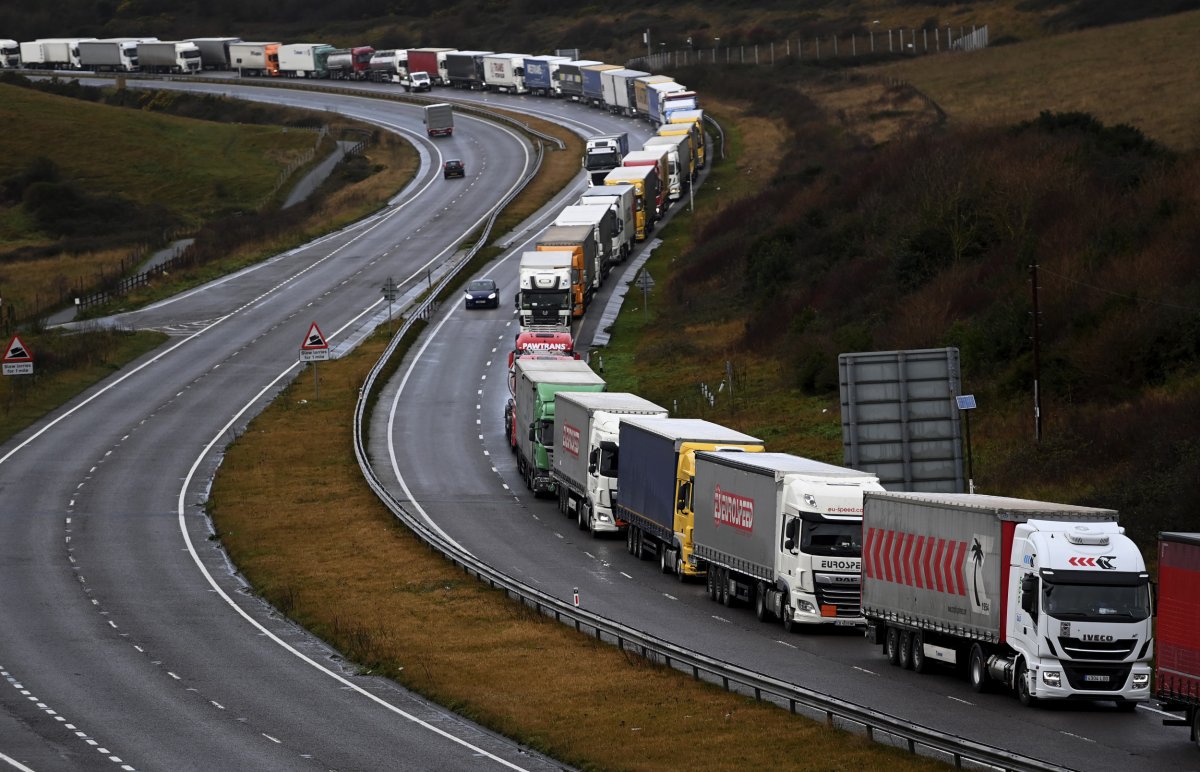Official figures showed Tuesday that job vacancies in the UK are at a record high of nearly 1.2 million, and the Institute for Employment Studies (IES) estimated a shortfall of 900,000 workers, the Associated Press reported.
The British economy is experiencing worker shortages in various sectors, with two of the major causes cited being the coronavirus pandemic (workers leaving, or being forced to leave, certain industries) and Brexit (which led to many EU workers returning home, and as yet not returning).
Regardless of worker shortage, IES said the number of workers on the payroll in the U.K. has now risen above pre-pandemic levels.
"This is being driven by large falls in participation for older people and young people, alongside continued wide employment gaps for disabled people and those with health conditions," IES Director Tony Wilson said.
The one of the main sectors impacted in the shortage is travel and hospitality.
The Office for National Statistics has noted shortages in hospitality and transport sectors as recently there have been long lines at gas stations amid a shortage of truck drivers to deliver fuel.
For more reporting from the Associated Press, see below.

The economic recovery since the lifting of most coronavirus restrictions has boosted hiring, with the number of workers on payroll up by 207,000 between August and September to a record 29.2 million.
That's 122,000 higher than the level in February 2020, the last month of data before the impact of the pandemic started to be felt.
The increase in hiring and vacancies should help workers returning to the jobs market following the end of a salary support scheme, which the government introduced at the outset of the pandemic to keep a lid on job losses.
Under the Job Retention Scheme, the government paid 80 percent of the salaries of those workers unable to work because of lockdown measures. The program, which was phased out in recent months, came to an end in September.
At its peak, it helped support over 11 million people, but the number at its end was a little more than one million, with many workers returning to their former jobs following the reopening of the economy.
The agency also found that the U.K.'s rate of unemployment also fell further to 4.5 percent between June and August, down from 4.6 percent in the quarter to July.
Wages rose steeply again, with average weekly earnings up 7.2 percent with bonuses or six percent without bonuses in the three months to August. However, the agency stressed that the figures continue to be skewed by the impact of the pandemic on wages a year ago.
With inflation set to hit four percent in the coming months and productivity levels low, there are worries that wages will soon be running below price rises, further pressuring household incomes at a time when the tax burden is at its highest level in decades.
Uncommon Knowledge
Newsweek is committed to challenging conventional wisdom and finding connections in the search for common ground.
Newsweek is committed to challenging conventional wisdom and finding connections in the search for common ground.
About the writer
To read how Newsweek uses AI as a newsroom tool, Click here.








